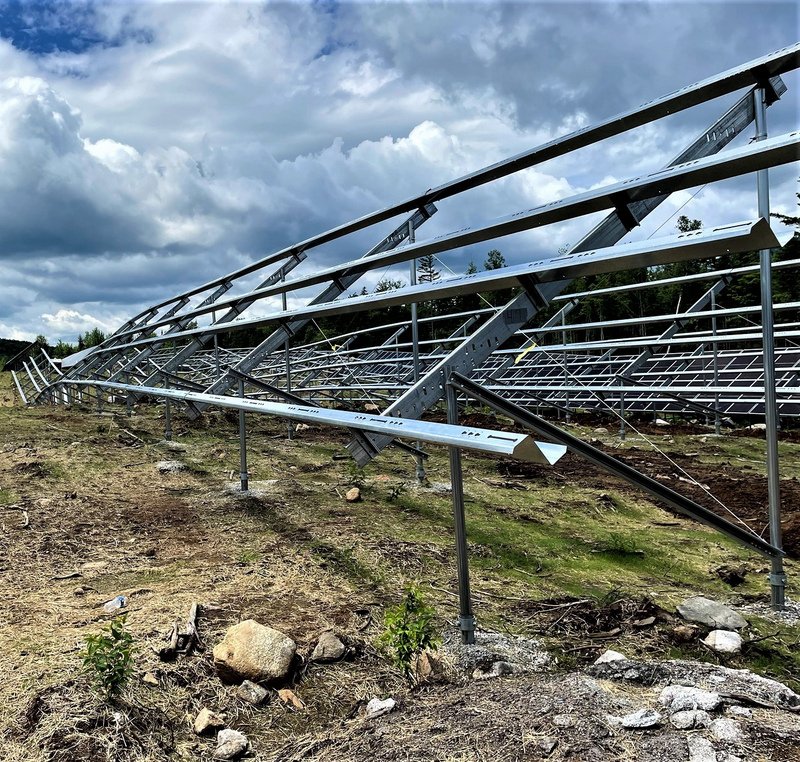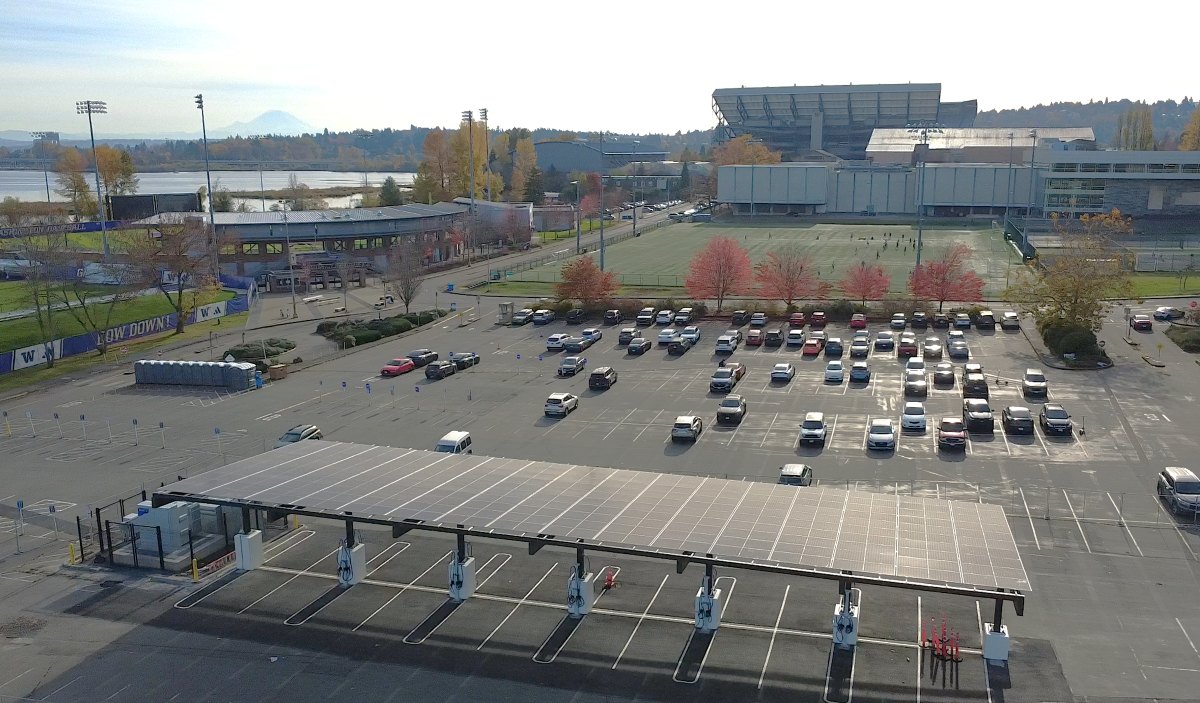Battery factories lead latest wave of clean energy projects canceled in 2025 (now over $22 billion)

Businesses canceled, closed, and scaled back more than $22 billion worth of new factories and clean energy projects in the first half of 2025 after cancelling another $6.7 billion in June alone, according to E2’s latest monthly analysis of clean energy projects tracked by E2 and the Clean Economy Tracker.
The latest wave of cancellations — affecting five battery, storage, and electric vehicle factories in Colorado, Indiana, Michigan, New York, and Oregon — follows growing uncertainty among businesses as Congress was making the final push to effectively end federal clean energy tax credits. More than 5,000 jobs were lost to the cancellations and scales backs in June, bringing the total number of jobs lost to abandoned projects in 2025 to 16,500.
“These cancellations aren’t just numbers on a balance book,” states Michael Timberlake, E2 communications director. “They’re jobs, paychecks, and opportunities in communities that were counting on these clean energy projects to drive economic growth. And now they’re gone.”
June cancellations
June’s cancellations were led by major automakers scaling back electric vehicle production investments. General Motors cancelled a $4.3 billion plan to expand its Orion plant in Michigan to build new electric pickups and instead shift its investments there to build 8-cylinder gas vehicles. Additionally, Toyota scaled back a $2.2 billion plan to retool a manufacturing plant in Indiana that was going to build a new three-row electric SUV, consolidating production to its Georgetown, Kentucky plant instead.
Through June, 62 percent of all clean energy projects announced—along with 72 percent of all jobs and 81 percent of all investments —are in congressional districts represented by Republicans.
June additions
Amid the cancellations and rising uncertainty, businesses in June announced more than $2.1 billion in investments for new hydrogen, EV, and grid and transmission equipment factories across five states — including a $1.8 billion investment by Element Resources to build North America’s largest hydrogen production facility in California.
Separately, Howard Industries announced more than $236 million to expand its electrical and transmission manufacturing operations in Mississippi that is expected to create at least 450 permanent jobs.
Clean Economy Works | total projects announced by year 2022- 2025
| Year | Projects | Jobs Announced | Investment Announced |
| 2022 | 72 | 31,131 | $43,489,500,000 |
| 2023 | 192 | 59,825 | $64,301,700,700 |
| 2024 | 86 | 19,667 | $18,285,529,000 |
| 2025 | 52 | 12,329 | $7,234,350,000 |
| Total | 402 | 122,952 | $133,311,079,000 |
*cancelled projects removed from figures
Clean Economy Works | total projects cancelled, closed, downsized by year 2022-2025
| Year | Projects | Jobs Announced/Lost | Investment Announced/Lost |
| 2022 | 0 | 0 | 0 |
| 2023 | 9 | 2,052 | $744,000,000 |
| 2024 | 14 | 7,546 | $1,971,500,000 |
| 2025 | 35 | 16,589 | $22,140,600,000 |
| Total | 58 | 26,187 | $24,856,100,000 |
According to E2’s tracking, June’s announcements bring the overall number of major new clean energy projects announced since federal clean energy tax credits passed in August 2022 to 402 across 42 states and Puerto Rico. Companies have said they plan to invest more than $133 billion in these projects and hire 123,000 permanent workers. (These figures reflect ongoing revisions and updates).
Since federal clean energy tax credits were passed by Congress in August 2022, a total of 58 announced or operational projects have been cancelled, closed, or scaled back—35 in 2025 alone. More than 26,000 jobs and nearly $25 billion in investments were connected with the abandoned projects and facilities.
A full map and list of announcements is available at e2.org/announcements/. Cancellation data will be incorporated in the coming months.





Comments are closed here.